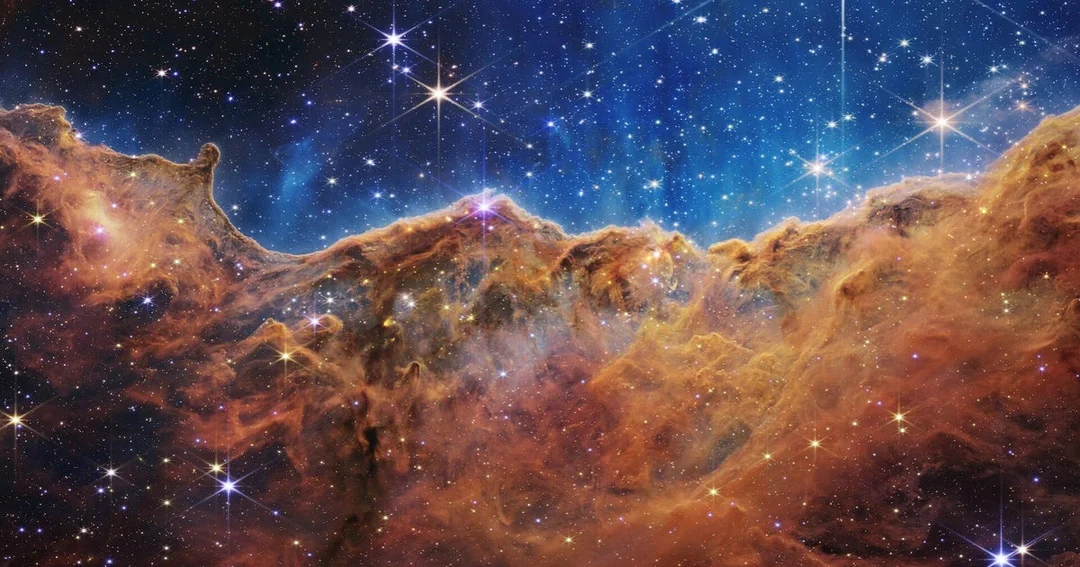
Universe’s End Closer Than We Thought? New Hawking Radiation Calculations Shake Up Cosmic Timelines
The universe may be facing its twilight sooner than scientists previously estimated, according to groundbreaking research from Radboud University. A new study published in the Journal of Cosmology and Astroparticle Physics suggests that the final decay of stellar remnants could occur in a mere 10^78 years – a monumental timeframe, yet significantly shorter than the older, mind-boggling prediction of 10^1,100 years. This revised timeline is based on fresh calculations concerning Hawking radiation and its impact on the universe's most enduring objects.
Hawking radiation, a concept pioneered by the legendary physicist Stephen Hawking, describes the emission of black-body radiation from black holes. This process, it turns out, isn't exclusive to black holes. Research from 2023 revealed that other celestial entities, like neutron stars and even white dwarf stars, can also "evaporate" through a similar phenomenon. This latest stuidy zeros in on the evaporation time of these objects, considering their density.

Heino Falcke, the lead author of the paper, stated that "the ultimate end of the universe is coming much sooner than expected, but fortunately it still takes a very long time." The team's calculations focused on white dwarf stars, deemed the most resilient celestial bodies, and their decay via Hawking-like radiation. The previous estimates simply didn't take this effect into account.
While 10^78 years may seem unimaginable, the implications are profound. It requires scientists to re-evaluate the universe's long-term fate and the underlying physics governing its evolution. The researchers even delved into the evaporation rates of more familiar objects, estimating that the moon and a human form would vanish in 10^90 years. They caution, however, that other processes might hasten their demise.
This research arrives on the heels of other significant findings concerning dark energy. Recent data suggests that dark energy, the mysterious force driving the universe's expansion, might be weakening. If this is the case, the universe might eventually cease expanding, potentially leading to the "Big Crunch," a collapse upon itself. As cosmologist Mustapha Ishak-Boushaki notes, "Now, there is the possibility that everything comes to an end."

Walter van Suijlekom, a co-author, emphasizes that such investigations into extreme scenarios are crucial. "By asking these kinds of questions and looking at extreme cases, we want to better understand the theory, and perhaps one day, we can unravel the mystery of Hawking radiation."
So, what does this all mean? While the end may still be aeons away, this study serves as a powerful reminder of the dynamic and ever-changing nature of the cosmos. It also brings into sharper focus our understanding of Hawking radiation and dark energy. Is the universe destined for an eventual collapse, or will it simply fade away? What other unseen forces are at play shaping its destiny?
Leave your thoughts and predictions in the comments below!